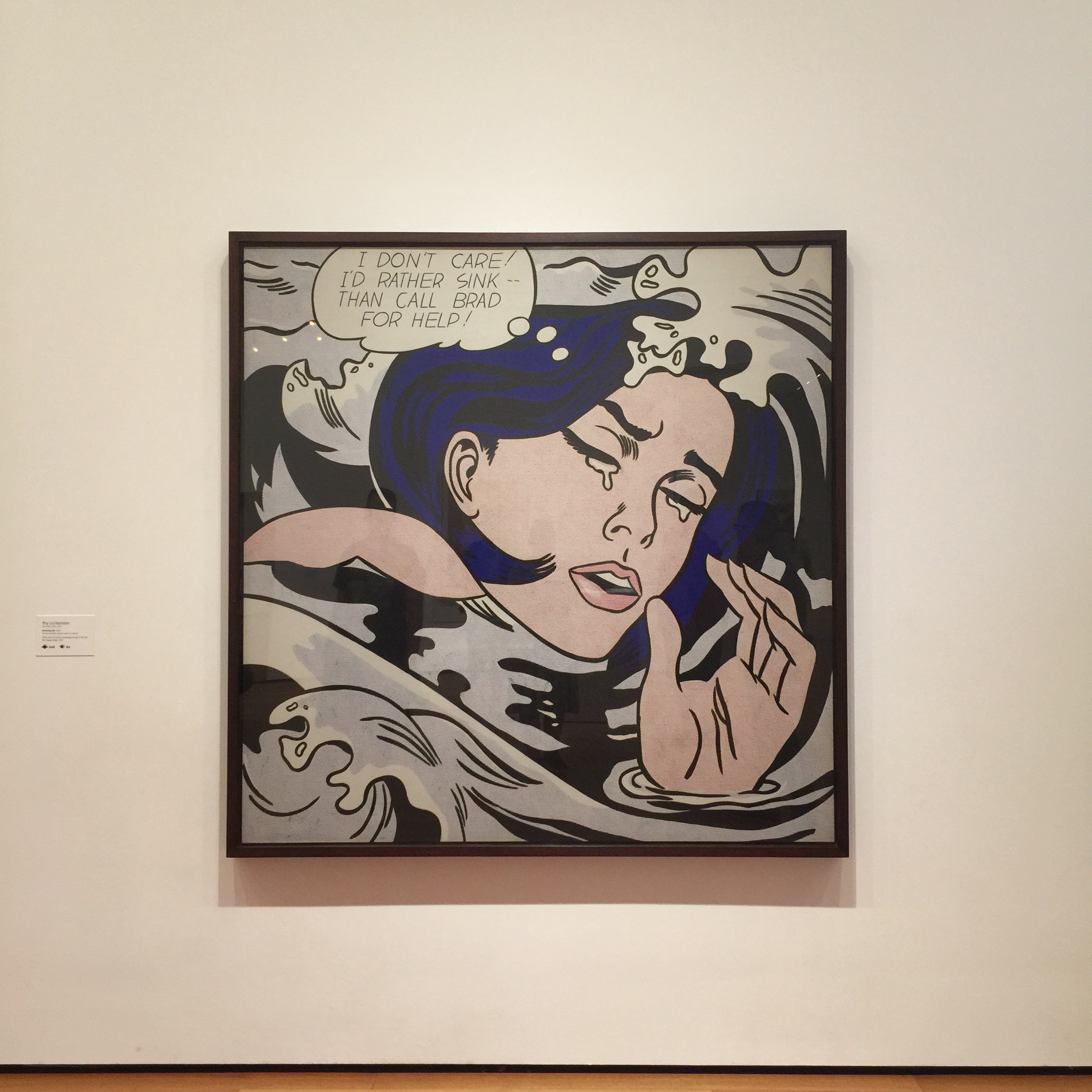 Brand + Business x Christine Moody*
Brand + Business x Christine Moody*
While interviewing lawyers for my book Designer Law School. Legal lessons for design entrepreneurs, I discovered that the best legal outcomes most often came down to four things.
They are, as outlined in ‘Lesson 3: Be a great lawyer’s client’:
- It’s better to see a lawyer regarding a legal matter sooner rather than later.
- Carefully read the documents the lawyer has prepared for you—even they can make mistake.
- The better organised you are, the lower your legal fees will be.
- There is no such thing as a ‘stupid question’; the more questions you ask, the better the outcome.
Now while these may seem like ‘common sense’, the lawyers I interviewed all experienced the same issues over again. They often felt they could get a better outcome if they were involved in a matter earlier; They were concerned by the number of times it appeared a client hadn’t read and understood a document; and they all expressed that keeping materials and documents in a logical filing system, would save time and therefore money.
As we get busier, and legal stuff becomes more complicated, we need to take an active interest in our legal matters.
We need to be a great lawyer’s client.
While the lawyer understands the law better than you, only you know what you want better than the lawyer.
Here is the checklist from the end of ‘Lesson 3’ on how to be a great client.
- Consult your lawyer sooner rather than later
- Proactively read, research, and understand your matter and all related documentation
- Understand how your lawyer likes to operate
- Thoroughly prepare briefs, agendas, questions, and paperwork for all meetings
- Follow up all meetings with the necessary emailing of meeting minutes, documentation, filing, diarising
- Show appreciation for your lawyer’s work
- Maintain currency in legal matters and knowledge as they apply to your business.
As an aside, I continue to be overwhelmed by the positive feedback coming in for my book. Here is one comment that I wanted to share:
What a practical book for people in business or wanting to be in business. You can’t beat practical experience and to be able to frame your personal learnings through authoring this book is a godsend to all who will have the privilege to read it.
Lord Mayor Graham Quirk, Brisbane City, Australia
…………………………………………….
*Christine Moody is one of Australia’s leading brand strategists and the founder brand management consultancy, Brand Audits. With more than 30 years’ professional experience, Christine has helped a diverse client base of local and international brands, including Gold Coast City Council, Hilton Hotels, and Wrigleys USA, to develop, protect and achieve brand differentiation. Her particular interest is personal brand audits to assist executives realise their full potential. She is also an author and a law student.
For more information: chris.moody@brandaudits.com.au or +61 419 888 468. …………………………………………….
About—Designer Law School. Legal lessons for design entrepreneurs (Stockists Folio Books: Folio@FolioBooks.com.au; iBook store; and Amazon)
Christine Moody is one of Australia’s leading brand strategists. She is the founder of brand management consultancy, Brand Audits, and several successful start-up companies. Designer Law School is her latest venture.
This book is a cautionary tale for all designers, entrepreneurs, managers, and educators. With the wit and wisdom born of long experience (and some pretty hard knocks along the way), Christine encourages her fellow designers (and all designers, creatives, and entrepreneurs, for that matter) to respect and understand the legal issues that affect their daily business. In a series of practical ‘lessons’ full of ‘good-to-know’ tips and topics, the book alerts others to the risks of ‘doing business’ without a keen eye on the possible legal pitfalls along the way. At the same time, Christine engages the reader through her obvious care and concern for their challenges and encases her ‘lessons’ in the motivational framework of her personal struggle for justice and survival.
Photo credit: Roy Lichtenstein ‘Drowning Girl’ 1963 (Chris Moody @ MOMA NYC 2015).
